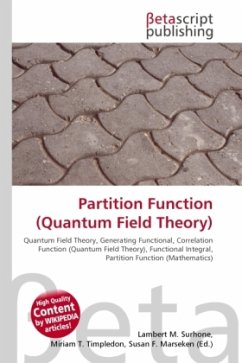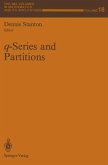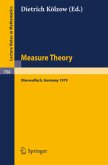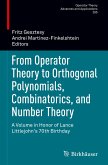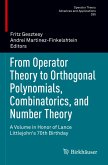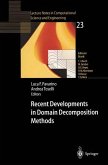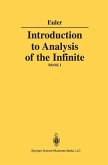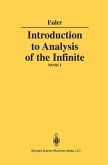High Quality Content by WIKIPEDIA articles! Unlike the partition function in statistical mechanics, that in quantum field theory contains an extra factor of i in front of the action, making the integrand complex, not real. It is sometimes mistakenly implied that this has something to do with Wick rotations; this is not so. Rather, the i has to do with the fact that the fields ? are to be interpreted as quantum-mechanical probability amplitudes, taking on values in the complex projective space (complex Hilbert space, but the emphasis is placed on the word projective, because the probability amplitudes are still normalized to one). By contrast, more traditional partition functions involve random variables that are real-valued, and range over a simplex--a simplex, being the geometric way of saying that the total of probabilities sum to one.
Bitte wählen Sie Ihr Anliegen aus.
Rechnungen
Retourenschein anfordern
Bestellstatus
Storno

